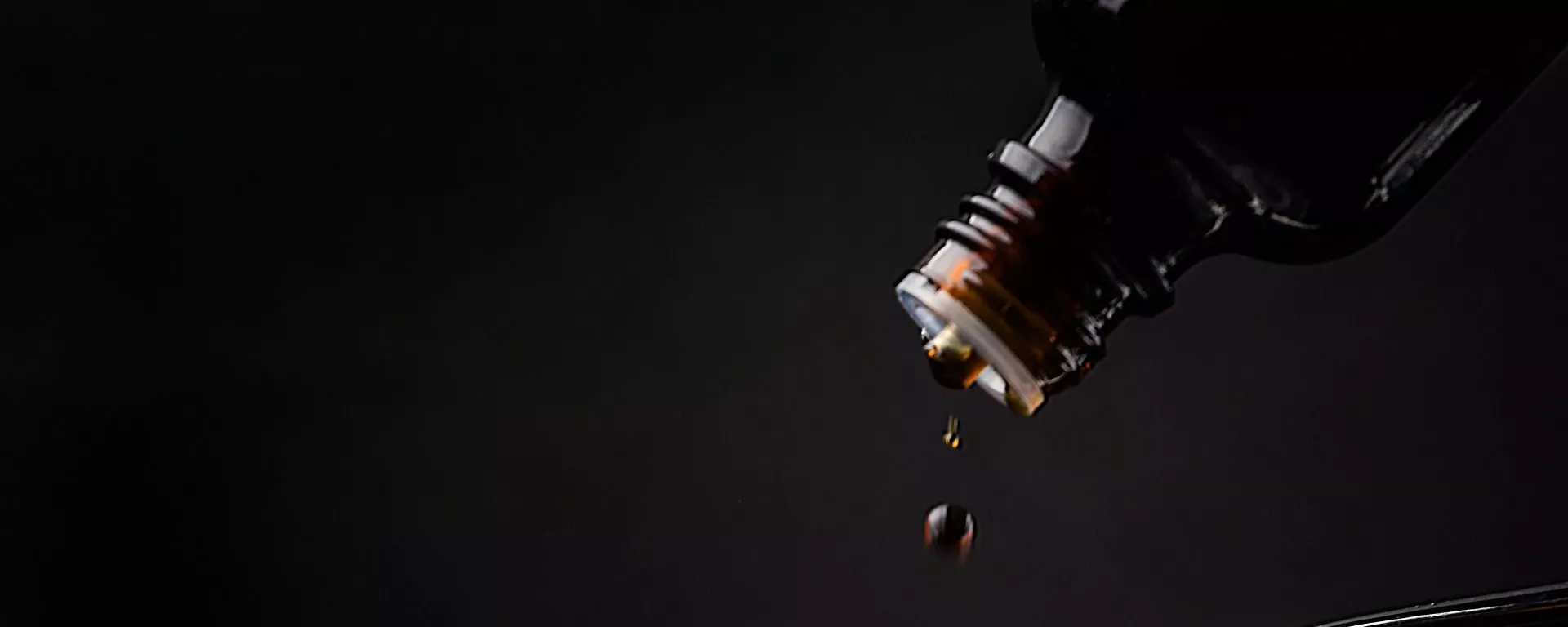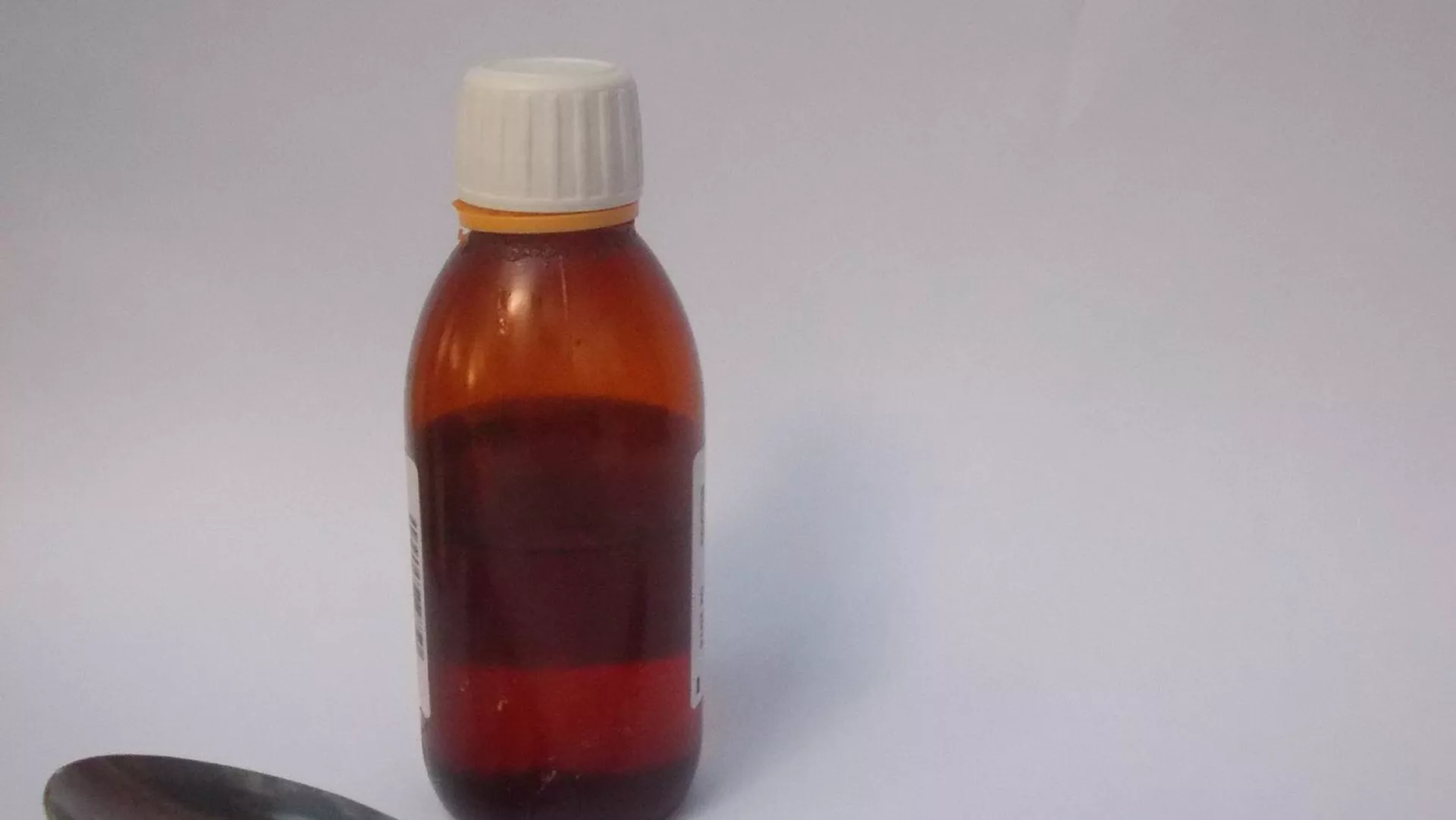https://sputnikglobe.com/20221006/all-you-need-to-know-about-the-cough-syrups-that-may-have-killed-at-least-66-children-in-gambia-1101578624.html
All You Need to Know About The Cough Syrups That May Have Killed At Least 66 Children in Gambia
All You Need to Know About The Cough Syrups That May Have Killed At Least 66 Children in Gambia
Sputnik International
The use of toxic components in pediatric cough syrup like diethylene glycol and ethylene glycol have previously left many children ill in India, Panama... 06.10.2022, Sputnik International
2022-10-06T19:00+0000
2022-10-06T19:00+0000
2022-11-23T11:36+0000
world
pharmaceuticals
pharmaceutical companies
pharmacies
pharmaceuticals
children
children
death
death toll
west africa
https://cdn1.img.sputnikglobe.com/img/07e6/0a/06/1101584324_0:0:1601:901_1920x0_80_0_0_d1078a4c479416dc484e1fd00252838d.jpg.webp
The World Health Organization (WHO) issued a warning against four Indian-manufactured cough syrups on Wednesday that were contaminated with diethylene glycol and ethylene glycol. The cough syrups may have killed 66 children and left several others with acute kidney injuries in Gambia.What Are the Four Cough Syrups? The four cough syrups, which have been put on halt after the WHO issued the warning, include Promethazine Oral Solution, Kofexmalin Baby Cough Syrup, Makoff Baby Cough Syrup, and Magrip N Cold Syrup.They were manufactured by Maiden Pharmaceutical Limited in Haryana state's Sonepat district.What is Diethylene Glycol? Diethylene glycol, also known as DEG, is a derivative of ethylene glycol that can cause renal failure, and affect liver and central nervous systems. It is often found in adulterated medicines and other products.DEG looks like propylene glycol and glycerin, and hence some sellers have been found to have used it illegally as a sweetener or thickening agent.Why Did WHO Issue the Alert? In the alert, the WHO said that the laboratory analysis of samples of each of the four cough syrups confirmed "unacceptable amounts of diethylene glycol and ethylene glycol as contaminants" which were showing toxic effects on children in Gambia.Some of the side effects included abdominal pain, vomiting, diarrhea, inability to pass urine, headache, altered mental state, and acute kidney injury which was leading to death.In a media address, WHO Director Tedros Adhanom Ghebreyesus offered his condolences to the families of the deceased and raised a red flag over the four contaminated cough syrups.He said that the medicines "have been potentially linked with acute kidney injuries and 66 deaths among children."Ghebreyesus shared that although the contaminated products have been found only in the Gambia so far, they could have reached markets in other countries."WHO recommends all countries detect and remove these products from circulation to prevent further harm to patients," he appealed.India's Action India's Central Drugs Standard Control Organisation is said to have immediately taken up the matter with the Haryana state regulatory authority.However, the "exact one-to-one causal relation of death" has not yet been provided by the WHO, reports said.History of Diethylene Glycol Poisoning The use of diethylene glycol (DEG) in medicines and other products in the past has triggered medical emergencies in multiple countries.In 1973, 14 children died in India's Chennai region, while in 1986, 14 patients died in Mumbai and33 children lost their lives in 1998 near New Delhi due to glycol poisoning in contaminated medicine.In 1992, Bangladesh found diethylene glycol (DEG) in seven brands of medicine. In 2006, over a hundred people died from diethylene glycol poisoning in Panama.After diethylene glycol was found to be used in fake Colgate toothpaste in the US in 2007, the Department of Health and Human Services, the Food and Drug Administration (FDA) and the Center for Drug Evaluation and Research (CDER) termed diethylene glycol a "poison" in the guidance issued to the medical industry to test glycerin for diethylene glycol.In 2009, around 13 cases of unexplained acute renal failure among children from a hospital were reported in Lagos, Nigeria.The Centre for Disease Control and Prevention (CDC) found that the patients had been exposed to a teething medication that was contaminated by diethylene glycol.The most recent incident was reported in March 2022 in India's Jammu territory where around 12 children reportedly died and 17 got affected after consuming contaminated Coldbest cough syrup manufactured in the Kala Amb district of Himachal Pradesh state. The Regional Drugs Testing Laboratory (RDTL) confirmed the presence of the chemical diethylene glycol.
https://sputnikglobe.com/20221006/indian-made-cough-syrups-could-be-linked-to-death-of-66-children-in-gambia-who-warns-1101558335.html
https://sputnikglobe.com/20200226/indian-state-mulls-action-against-manufacturer-of-poisonous-cough-syrup-after-deaths-of-10-infants-1078408936.html
west africa
africa
Sputnik International
feedback@sputniknews.com
+74956456601
MIA „Rossiya Segodnya“
2022
Sangeeta Yadav
https://cdn1.img.sputnikglobe.com/img/07e4/08/1b/1080292803_0:121:960:1081_100x100_80_0_0_0ae281e12dc62db0434b5fb813e58bd1.jpg.webp
Sangeeta Yadav
https://cdn1.img.sputnikglobe.com/img/07e4/08/1b/1080292803_0:121:960:1081_100x100_80_0_0_0ae281e12dc62db0434b5fb813e58bd1.jpg.webp
News
en_EN
Sputnik International
feedback@sputniknews.com
+74956456601
MIA „Rossiya Segodnya“
Sputnik International
feedback@sputniknews.com
+74956456601
MIA „Rossiya Segodnya“
Sangeeta Yadav
https://cdn1.img.sputnikglobe.com/img/07e4/08/1b/1080292803_0:121:960:1081_100x100_80_0_0_0ae281e12dc62db0434b5fb813e58bd1.jpg.webp
pharmaceuticals, pharmaceutical companies, pharmacies, pharmaceuticals, children, children, death, death toll, west africa
pharmaceuticals, pharmaceutical companies, pharmacies, pharmaceuticals, children, children, death, death toll, west africa
All You Need to Know About The Cough Syrups That May Have Killed At Least 66 Children in Gambia
19:00 GMT 06.10.2022 (Updated: 11:36 GMT 23.11.2022) The use of toxic components in pediatric cough syrup like diethylene glycol and ethylene glycol have previously left many children ill in India, Panama, Bangladesh, Nigeria, and the United States.
The World Health Organization (WHO) issued a warning against four Indian-manufactured cough syrups on Wednesday that were contaminated with diethylene glycol and ethylene glycol. The cough syrups
may have killed 66 children and left several others with acute kidney injuries in Gambia.

6 October 2022, 07:38 GMT
What Are the Four Cough Syrups?
The four cough syrups, which have been put on halt after the WHO issued the warning, include Promethazine Oral Solution, Kofexmalin Baby Cough Syrup, Makoff Baby Cough Syrup, and Magrip N Cold Syrup.
They were manufactured by Maiden Pharmaceutical Limited in Haryana state's Sonepat district.
What is Diethylene Glycol?
Diethylene glycol, also known as DEG, is a derivative of ethylene glycol that can cause renal failure, and affect liver and central nervous systems. It is often found in adulterated medicines and other products.
DEG looks like propylene glycol and glycerin, and hence some sellers have been found to have used it illegally as a sweetener or thickening agent.
Why Did WHO Issue the Alert?
In the alert, the WHO said that the laboratory analysis of samples of each of the four cough syrups confirmed "unacceptable amounts of diethylene glycol and ethylene glycol as contaminants" which were showing toxic effects on children in Gambia.
Some of the side effects included abdominal pain, vomiting, diarrhea, inability to pass urine, headache, altered mental state, and acute kidney injury which was leading to death.
In a media address, WHO Director Tedros Adhanom Ghebreyesus offered his condolences to the families of the deceased and raised a red flag over the four contaminated cough syrups.
He said that the medicines "have been potentially linked with acute kidney injuries and 66 deaths among children."
"To date, the stated manufacturer has not provided guarantees to WHO on the safety and quality of these products," the alert said.
Ghebreyesus shared that although the contaminated products have been found only in the Gambia so far, they could have reached markets in other countries.
"WHO recommends all countries detect and remove these products from circulation to prevent further harm to patients," he appealed.
India's Central Drugs Standard Control Organisation is said to have immediately taken up the matter with the Haryana state regulatory authority.
However, the "exact one-to-one causal relation of death" has not yet been provided by the WHO, reports said.
History of Diethylene Glycol Poisoning
The use of diethylene glycol (DEG) in medicines and other products in the past has triggered medical emergencies in multiple countries.
In 1973, 14 children died in India's Chennai region, while in 1986, 14 patients died in Mumbai and33 children lost their lives in 1998 near New Delhi due to glycol poisoning in contaminated medicine.
In 1992, Bangladesh found diethylene glycol (DEG) in seven brands of medicine. In 2006, over a hundred people died from diethylene glycol poisoning in Panama.

26 February 2020, 13:31 GMT
After diethylene glycol was found to be used in fake Colgate toothpaste in the US in 2007, the Department of Health and Human Services, the Food and Drug Administration (FDA) and the Center for Drug Evaluation and Research (CDER) termed diethylene glycol a "poison" in the guidance issued to the medical industry to test glycerin for diethylene glycol.
In 2009, around 13 cases of unexplained acute renal failure among children from a hospital were reported in Lagos, Nigeria.
The Centre for Disease Control and Prevention (CDC) found that the patients had been exposed to a teething medication that was contaminated by diethylene glycol.
The most recent incident was reported in March 2022 in India's Jammu territory where around 12 children reportedly died and 17 got affected after consuming contaminated Coldbest cough syrup manufactured in the Kala Amb district of Himachal Pradesh state. The Regional Drugs Testing Laboratory (RDTL) confirmed the presence of the chemical diethylene glycol.






